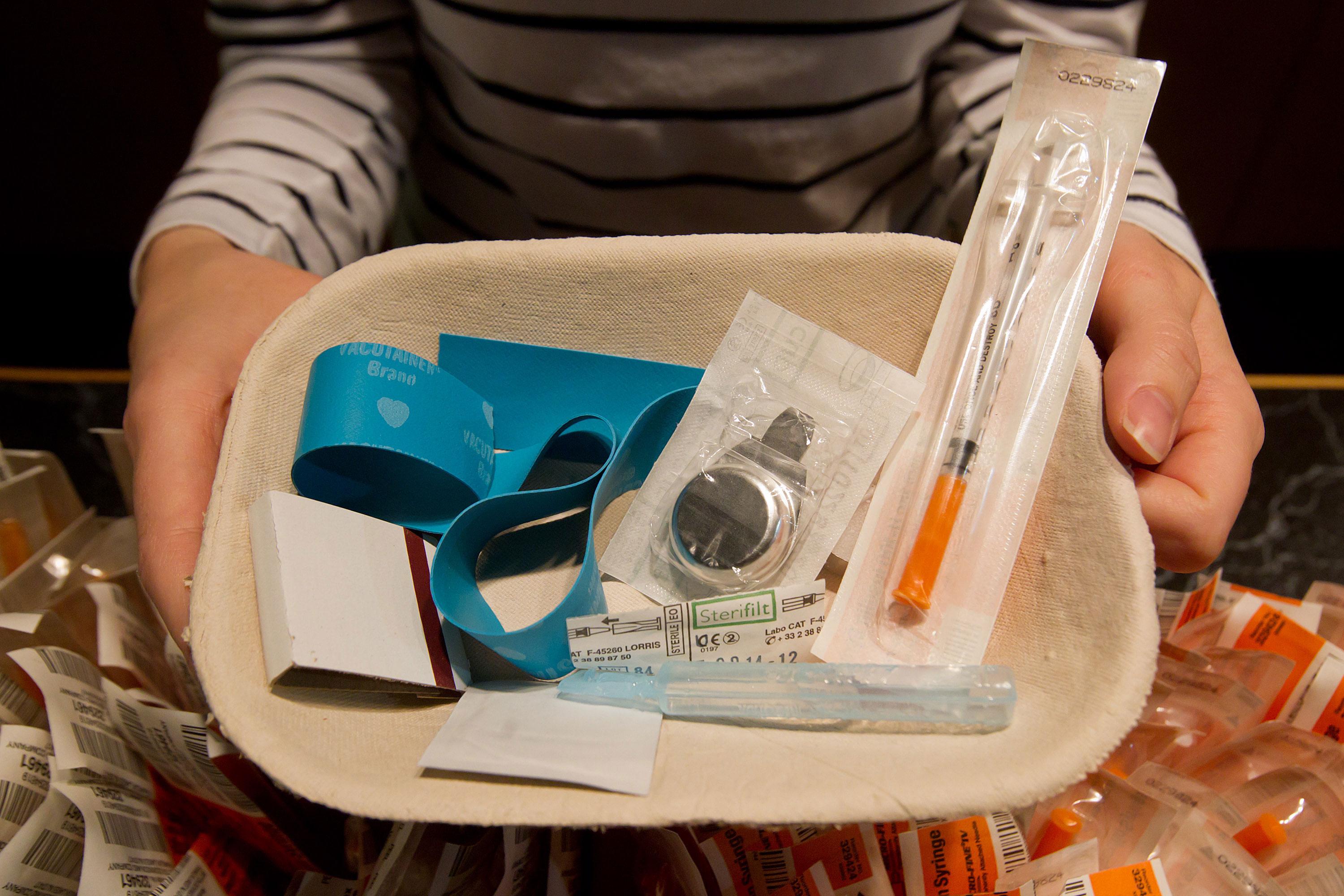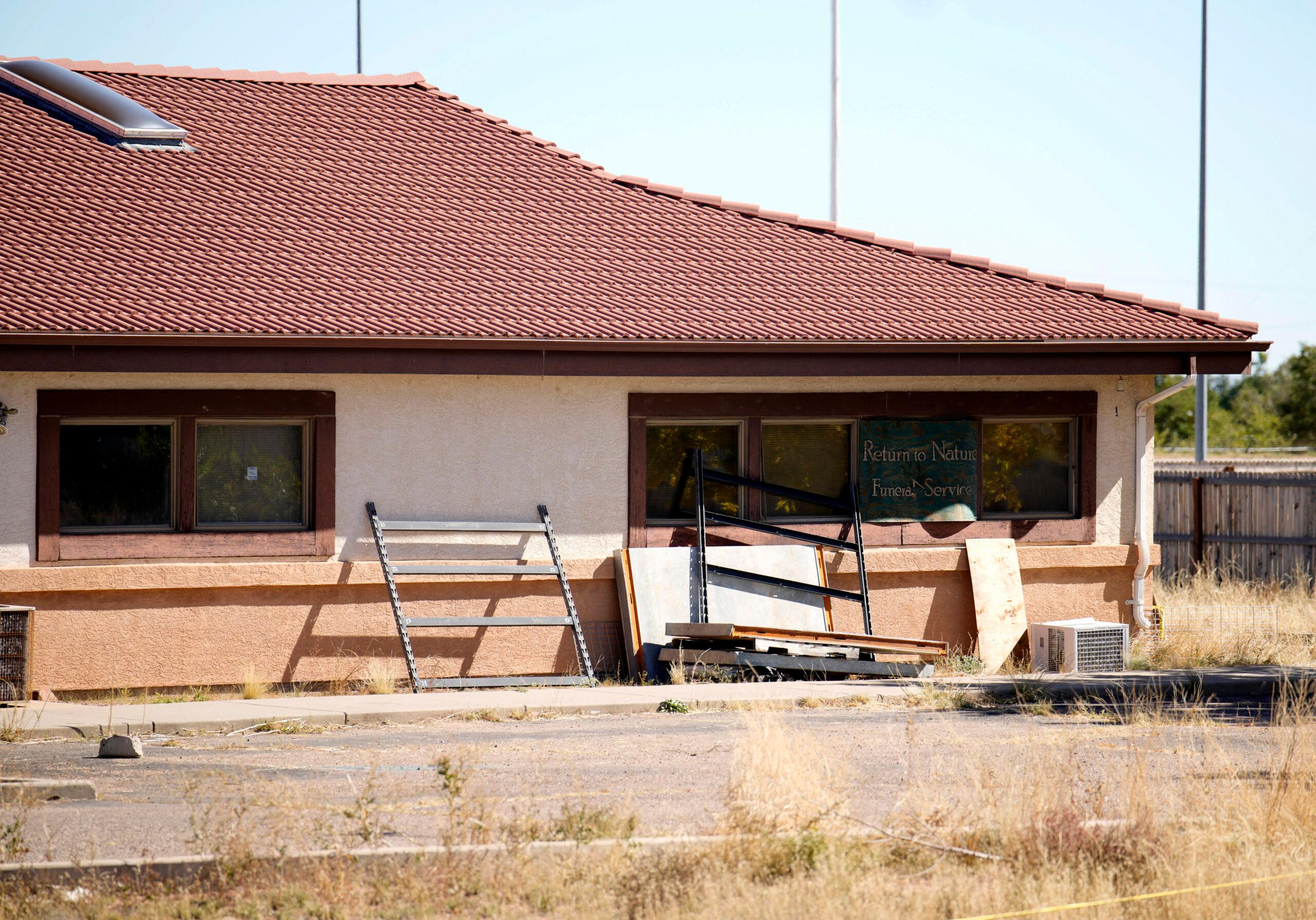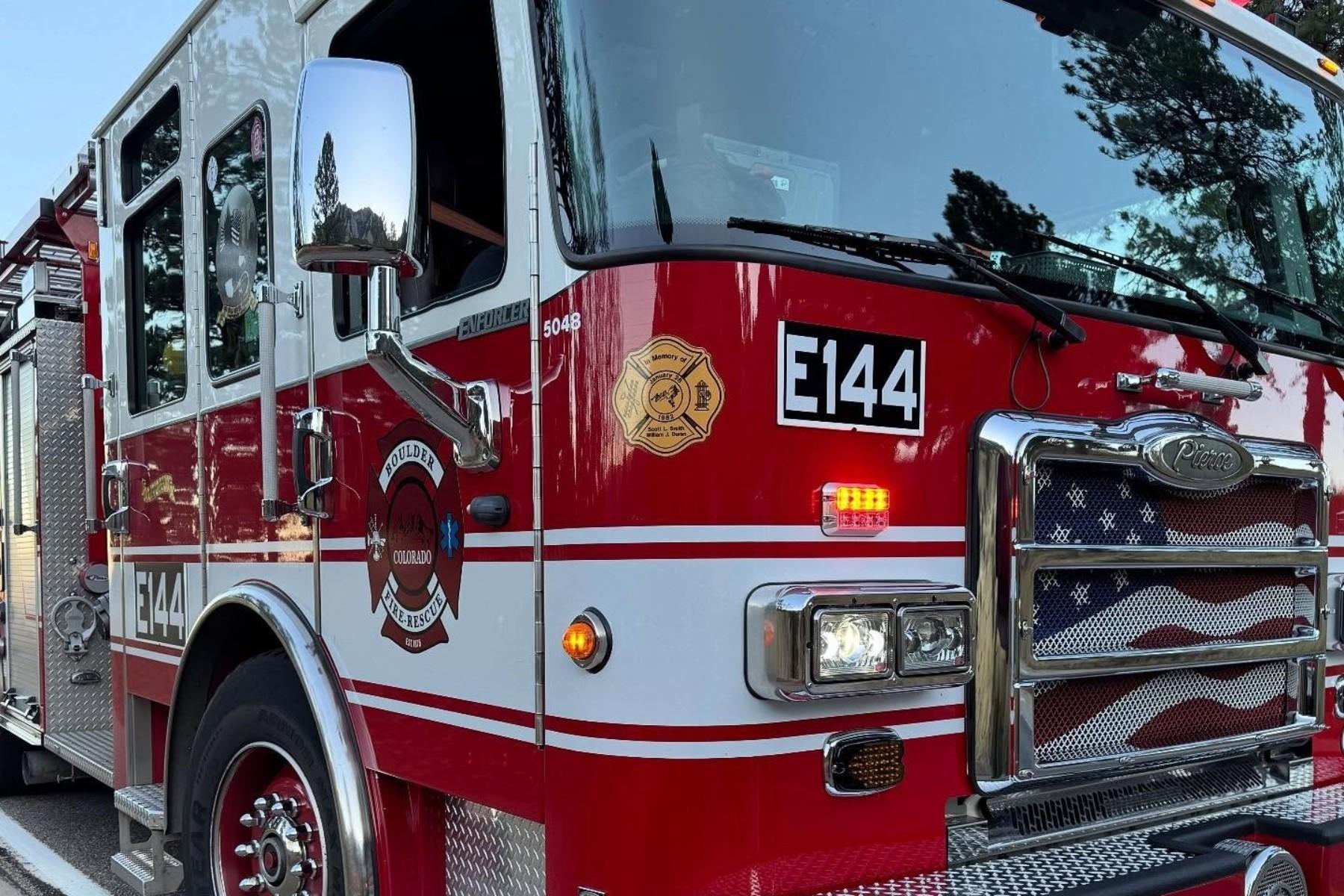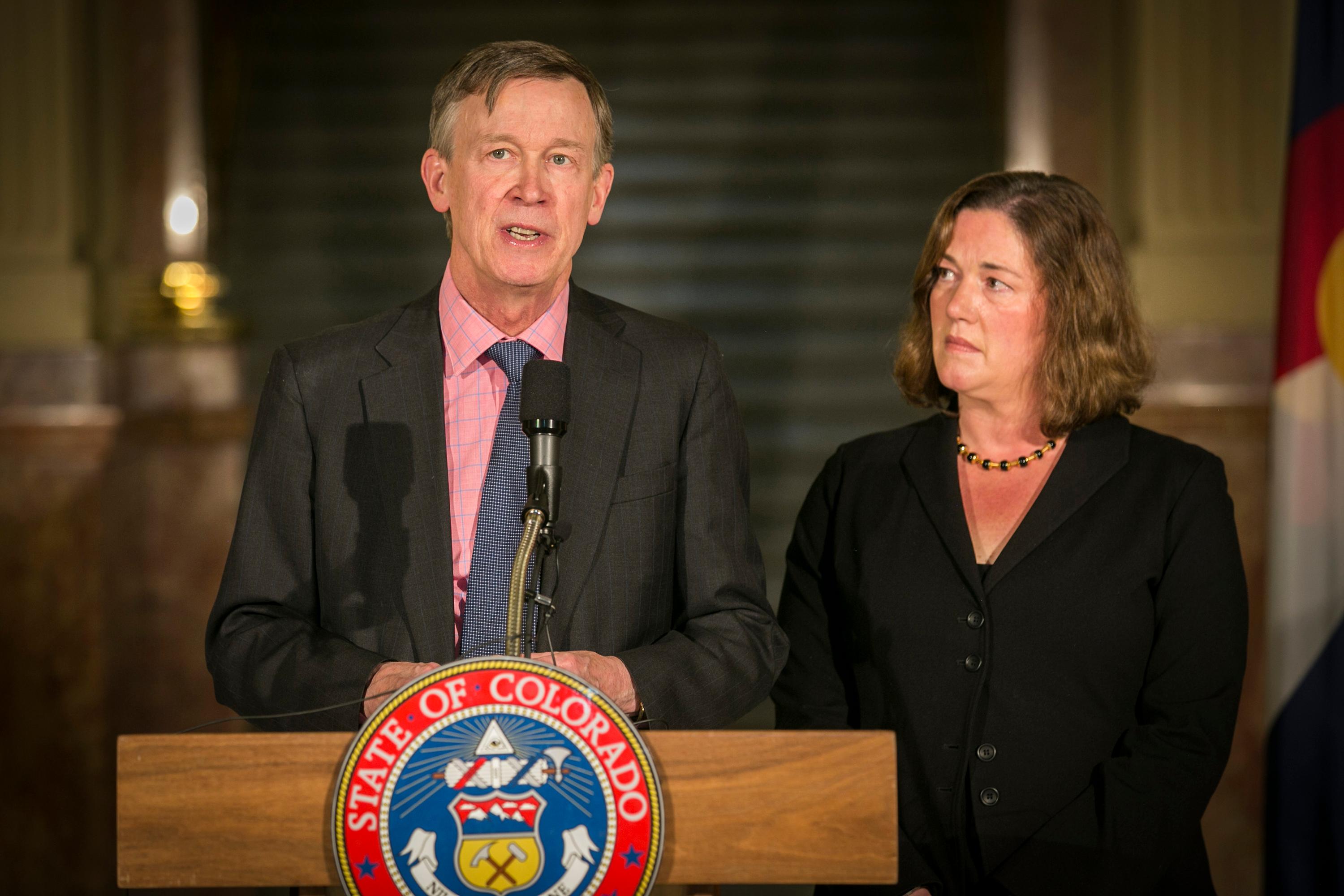

Federal authorities took a strong position Tuesday against Denver’s proposal to host a facility where people can use drugs under the supervision of medical professionals. The joint letter from the U.S. Attorney’s Office and a Drug Enforcement Administration field office was quick to point out that the operation of a safe injection site is illegal under federal law.
They warned anyone involved in the facility could face criminal and civil penalties.
Denver City Council approved a law in late November that would allow the city to host a supervised drug-use facility in an effort to prevent overdose deaths and help connect people to services. Mayor Michael Hancock immediately gave the bill his full support. Denver’s move still needs approval from Colorado’s legislature before any action can be taken.
A bill to authorize a site didn’t pass in 2018.
Democratic state Sen.-elect Brittney Pettersen, the sponsor behind that failed attempt, said the statement from the Justice Department won’t change her plans to back a similar measure in the upcoming legislative session.
“This is part of our emergency response to save lives,” she said. “We have the state and local authority to move forward with such responses.”
The letter’s second point was there is “no evidence that such sites actually reduce the number of drug-related deaths or make it more likely that users will seek help for their addiction or mental health issues.”
In support of their position, they cited the overdose death rate in the vicinity of Vancouver’s injection site. The Canadian city hosts North America's first legal supervised-use facility and many officials — including from Denver — have visited to learn lessons from their experience.
U.S. cities from San Francisco to Philadelphia have considered opening their own sites in response to the opioid epidemic. The attempt in California was shut down by a veto from Gov. Jerry Brown. Philadelphia, like Denver, is still working to clear hurdles to establish a facility.
The third argument from the U.S. Attorney and DEA is likely to appeal to opponents who worry about such a facility appearing in their neighborhood.
“Just like so-called crack houses, these facilities will attract drug dealers, sexual predators, and other criminals, ultimately destroying the surrounding community,” the letter stated. “More importantly, the government-sanctioned operation of these facilities serves only to normalize serious drug usage — teaching adults and children alike that so-called ‘safe’ drug usage is somehow appropriate or can actually be done ‘safely.’”
Council Member Albus Brooks, speaking in defense of the law he sponsored, said Denver “cannot wait for federal action while the death toll rises.” Mayor Hancock noted the city has only signaled its intent to take “action to address a very severe issue in our city.”
“Upon moving legislation we’ll work with the federal government as best we can,” he said. “But one of the things that we also recognize is that we've got to think outside the box.”
CPR’s Jim Hill, Natalia Navarro and Sam Brasch contributed to this report.








